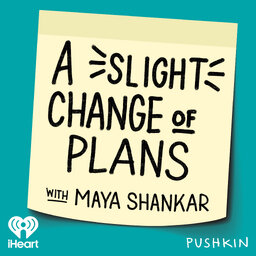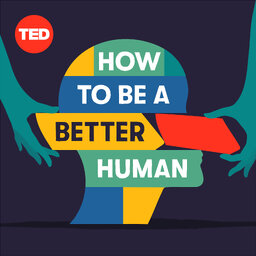The Science of Loneliness
U.S. Surgeon General Vivek Murthy is an expert on the science of loneliness. He offers advice for how we can build stronger, more meaningful social connections.
You can follow the show on Instagram @DrMayaShankar.
If you’d like to keep up with the most recent news from this and other Pushkin podcasts be sure to sign up for our email list at Pushkin.fm.
In 1 playlist(s)
A Slight Change of Plans
What happens when life doesn’t go according to plan? In this award-winning podcast, cognitive scient…Social links
Follow podcast
Recent clips

Brené Brown and Maya Talk “Heated Rivalry,” Mental Spirals, and Moral Beauty
41:59

The Invisible Weight of Olympic Gold
34:12

How to Accept the Messiness of Love
40:42
 A Slight Change of Plans
A Slight Change of Plans